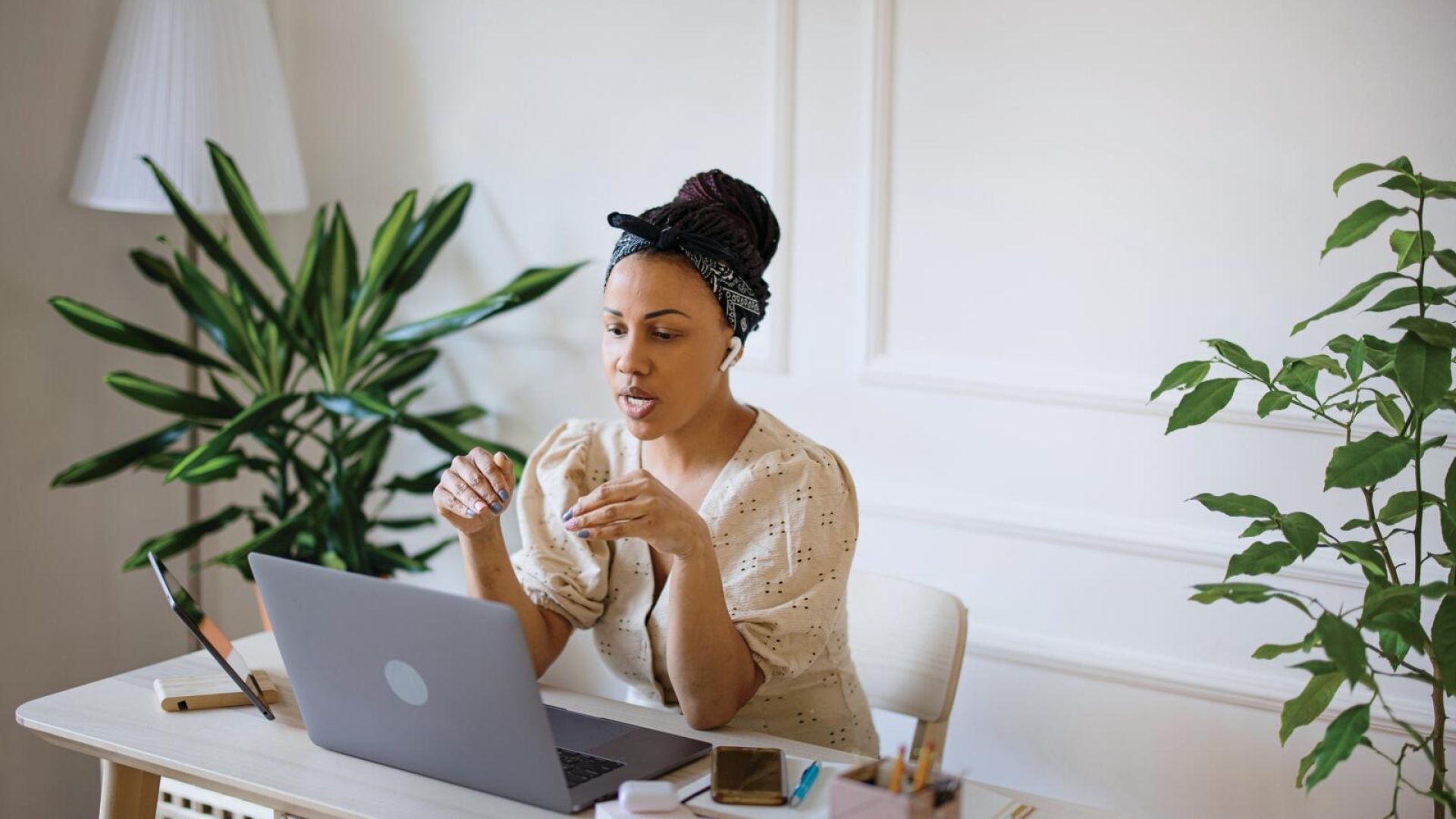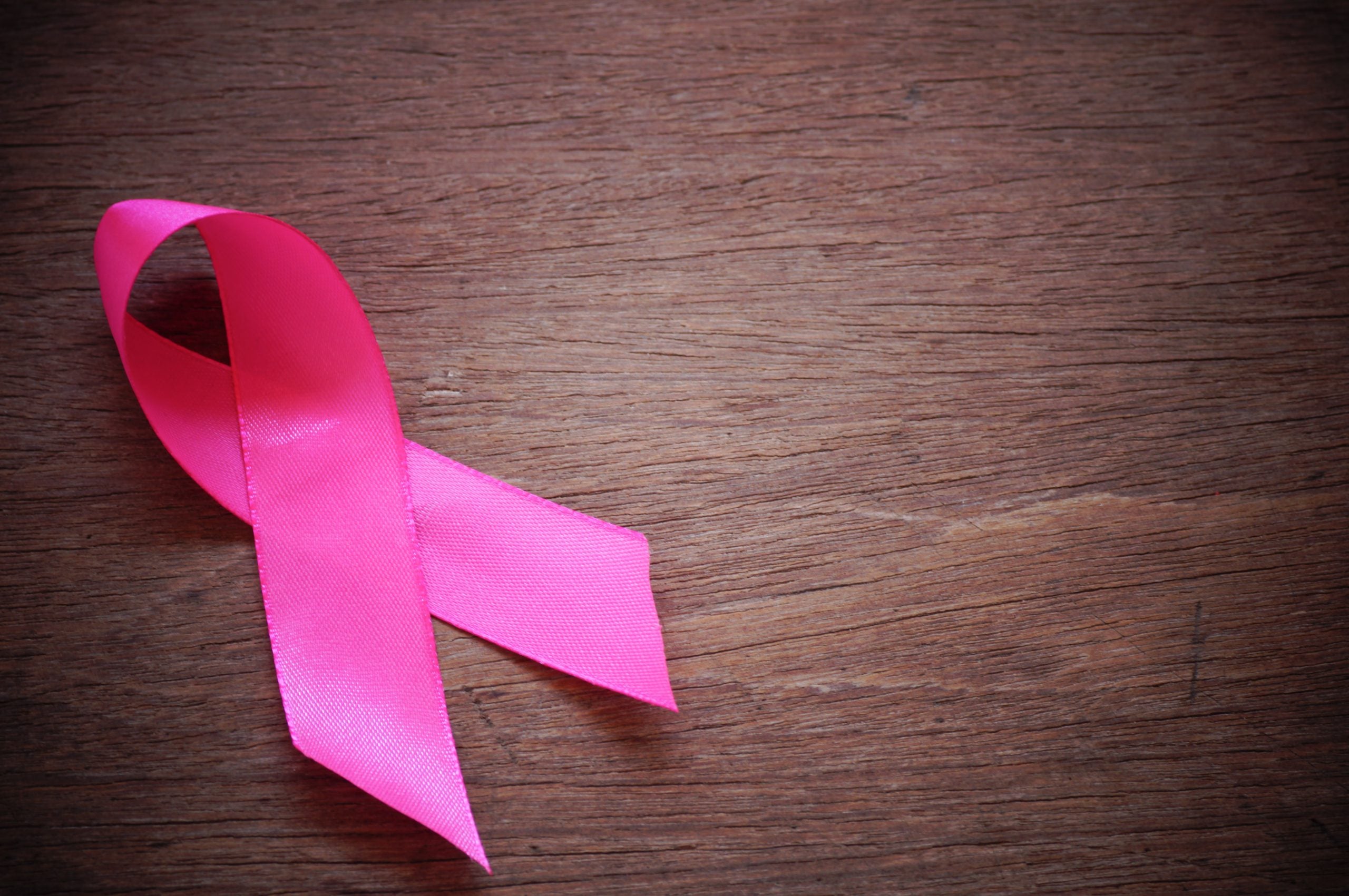
Ebonie Guyton, a public health practitioner in Detroit, MI, received a shock in February of this year: At age 34, she was diagnosed with stage 2 breast cancer. Soon after, her already challenging situation was made more so by the COVID-19 pandemic. Weeks after Guyton’s diagnosis, Michigan’s stay-at-home order was put into place.
For Guyton and other Black women facing breast cancer, the stakes are higher than ever. Since cancer treatment increases the likelihood of COVID-19 complications—and since survival statistics are already unfavorable for Black people diagnosed with the virus—for these women, survival and recovery are even more of a daunting challenge.
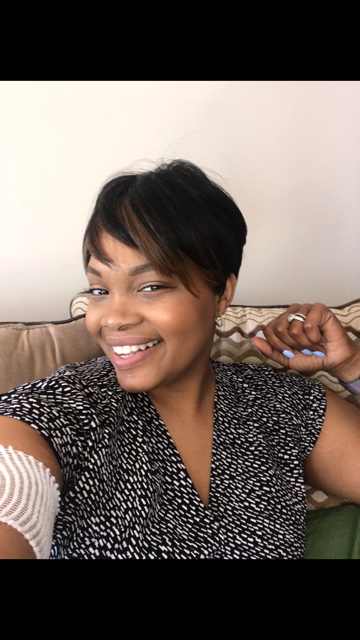
Fortunately, Guyton’s medical team has eased some of the stress. “My oncologist has been very supportive,” she says. “He sat down with me before the COVID-19 situation got really bad, and we discussed my increased COVID-19 risk due to having chemo and the precautions I’ve needed to take. When possible, we set up tele-health appointments. Having that support makes a big difference.”
Across the country, however, treatment of people with higher COVID-19 risks—such as those in cancer treatment or with certain other pre-existing health conditions—has often been less supportive or informed. Many have implied that more susceptible populations can be collateral damage, put in harm’s way so that others can get “back to normal.” Recently, of course, we’ve seen spread of the virus and increased hospitalizations, across various population sectors, in areas that hastily re-opened in the spring.
“I think it’s so unfortunate and selfish,” Guyton says, “that some people can’t see, or don’t care to see, how this virus has been disproportionately affecting those with other health issues, low-income communities, and communities of color. I don’t take lightly the financial hardships Americans are facing, but rushing to reopen things is obviously not the answer.”
Yvette Griffin, 56, of Brooklyn, NY, has been living with stage 4 breast cancer for several years. Her health is stable, but she is at a higher COVID-19 risk due to her cancer status and treatments.
Griffin, too, praises her care team. “My doctors are great,” she says. “My therapist and survivorship nurse practitioner are especially supportive via tele-health. I don’t know what I’d do without them.”
However, she too has been highly unimpressed with others she saw in the news: “’Selfish idiots’ are the words that came to mind when I saw those gun-toting people. They cared only about what they saw as their rights, not public health or the lives of others.”
“Stage 4 breast cancer is a challenge in itself,” she states. “I get nightmares, insomnia, anxiety. I have ongoing financial issues.” That her well-being simply doesn’t matter to many of her fellow Americans makes everything harder: “People don’t realize how terrifying it is to have a compromised immune system during a pandemic.”
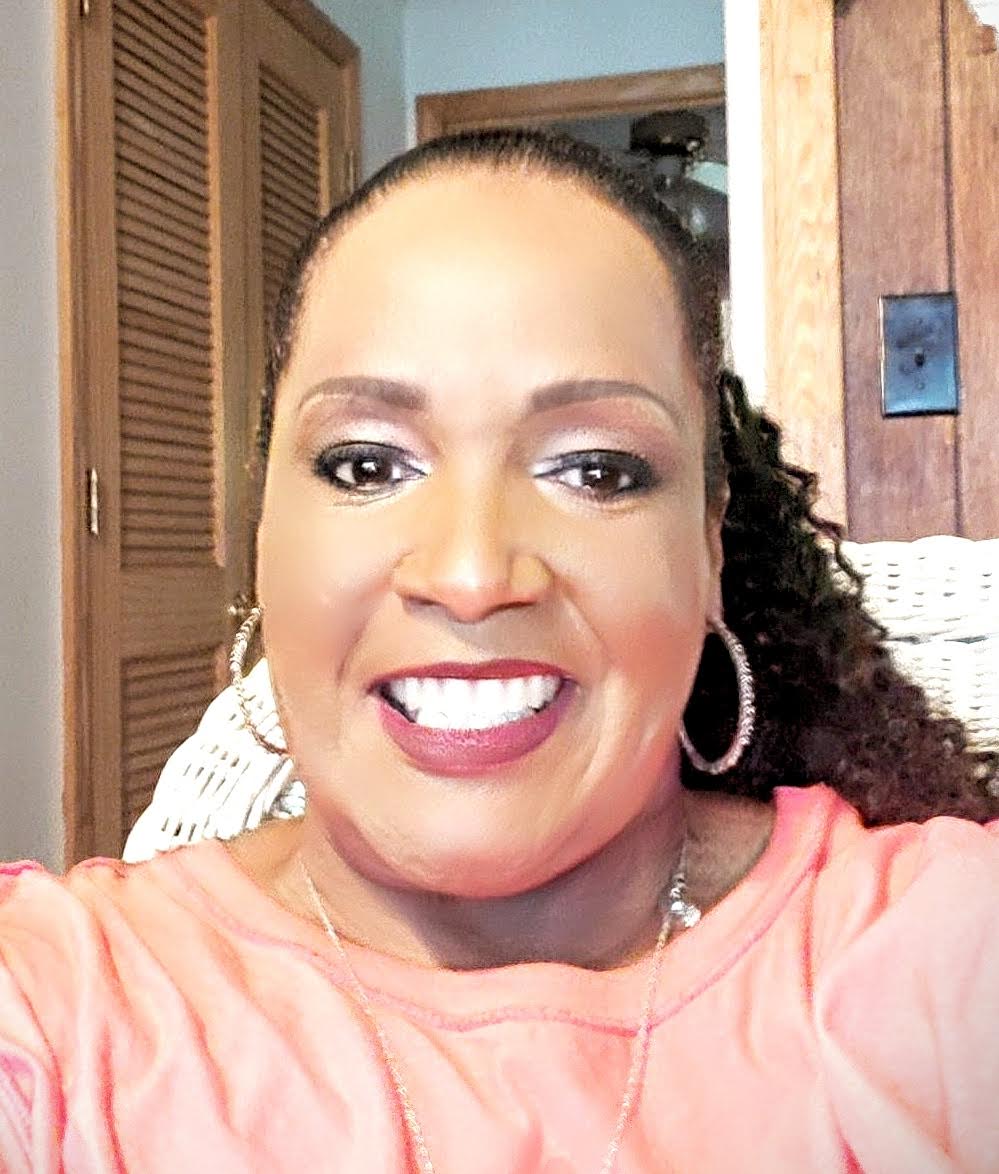
LaToya Davis-Parker, 45, is both a cancer survivor and a nurse. Diagnosed with breast cancer in her late 20s, Davis-Parker worked as an administrator before going to nursing school at 39. In her home state of New Jersey, she has been on the front line in the COVID-19 fight, and she understands the risks Black women in particular are facing.
“African American women tend to have some issues that can put them at risk for COVID-19,” she says. “For example, we tend to have a vitamin D deficiency. This can compromise the immune system. We also have a risk of hypertension and chronic obstructive pulmonary disease [COPD]. COPD weakens the respiratory system. Hypertension causes the heart to work harder and puts stress on other organs, such as the lungs.”
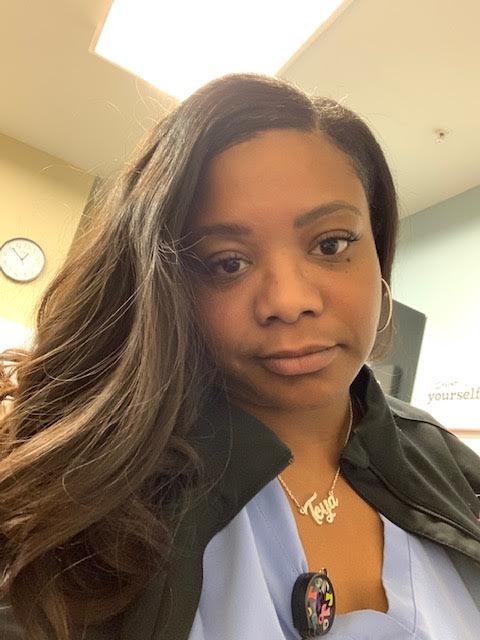
These are important considerations that Paula Schneider, CEO and President of the Susan G. Komen organization, also raises. She notes that Black women face “a trifecta of issues” that negatively affect their breast cancer outcomes: They tend to be diagnosed younger and at later stages; they too often experience difficulty accessing quality care; and they are at above-average likelihood to develop a particular, aggressive subtype of breast cancer.
For Schneider, herself a breast cancer survivor, it’s a passion and a calling to help women going through the disease and to remind them to stay on top of their overall health, even in these COVID-focused times. “Cancer isn’t cancelled,” she says. “Don’t put off your regular scans or screenings if you are of higher risk. And for anyone, if you notice an issue, don’t delay in getting it checked.”
Several Komen programs focus on helping Black women thrive. Their African-American Health Equity Initiative, started in 2016 and spanning 11 cities, was inspired by Chicago-based projects begun in 2008. These showed that when issues with mammography quality, treatment quality, and care process were addressed for Black women, their breast cancer survival rates improved by approximately 30 percent. “That’s an incredible statistic—30 percent of deaths could be eliminated by bringing everyone into the current standard of care,” says Schneider. “We’re working on educating local leaders and on asking questions—asking what needs to change in order for circumstances to improve. We want to make sure we’re doing this right.”
Because of the Chicago success, “we’re now aware of various issues,” Schneider notes. “We have to figure out how to make things better. Research is the only thing that will cure cancer or help us understand the drivers of disparities.”
Ebonie Guyton sums up the sentiments of many Black women handling ongoing health issues at this time. “Going through all this has made it obvious what’s most important in life, and it’s also brought me closer to my loved ones,” she says. “I’m very clear on the fact that my life is valuable.”
Women with breast cancer–related questions can call Komen’s helpline, at 1-877 GO KOMEN, or email helpline@komen.org.
